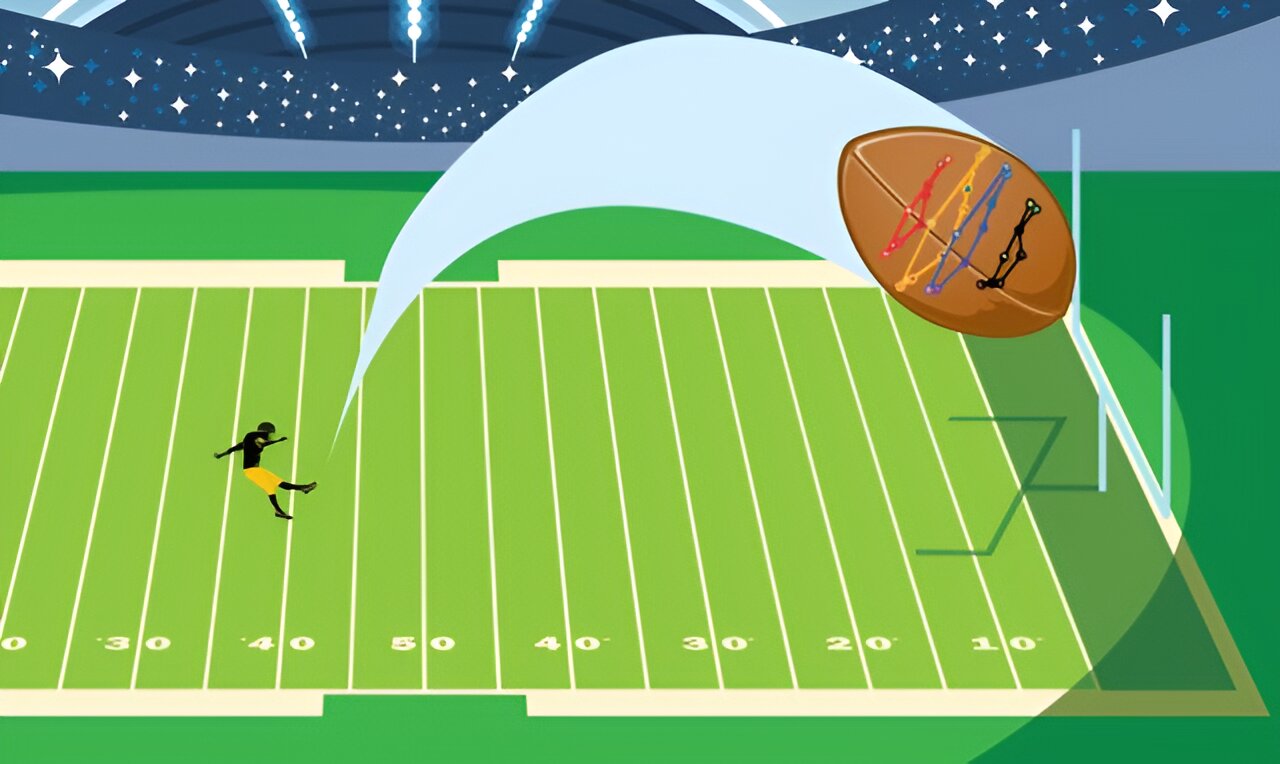
Every professional who functions at a high level of performance knows the value of keeping things loose during harrowing tasks. Choking under pressure, or being unable to perform to one’s highest standard when it matters most, is an undesirable alternative. While athletes are often associated with this phenomenon, people choke under pressure in many settings, for example, test-taking, giving presentations, puzzle-solving, and beyond.
New research from Carnegie Mellon University and the University of Pittsburgh reveals a first-of-its-kind neural explanation for choking under pressure: a deficit in motor preparation induced by an overly large potential “jackpot” payoff.
To study how motor performance is impacted by choking under pressure, researchers recorded the spiking activity of hundreds of motor control neurons in Rhesus monkeys, who were trained to perform a challenging task to earn rewards of varying sizes. When an unusually large jackpot reward was at stake, the animals underperformed, leading the group to examine how cued rewards modulated neural population activity during movement preparation.
“By looking at the activity of populations of neurons in the motor cortex, we found a signature of choking under pressure, that at the precision of 100s of milliseconds, was indicative of whether or not a subject would fail in an upcoming trial,” explained Adam Smoulder, a graduate student at Carnegie Mellon and first author of the Neuron paper.
“Through a series of three hypotheses, we sought a more mechanistic explanation of choking under pressure. We found that rewards interact with target preparation signals to drive neural activity toward a region associated with improved reach execution, and then, at the highest rewards, spread away from this region,” said Smoulder.
“So, it seems that increasing motivation by offering larger rewards can improve the discriminability of the neural signals, but only up to a point. Beyond that point, we actually see a collapse in neural information, and that’s tightly correlated with when the animals choke under pressure.”
This nuts-and-bolts level of explanation differs from previous, more holistic work, due to its high-resolution nature, and ability to consider the activity of populations of neurons, versus either the aggregate activity which can be seen with fMRI, or prior work in which only the activity of individual neurons was available.
“It’s hard work to take something that everybody has an intuition about and relate it to neural activity,” noted Aaron Batista, professor of bioengineering at the University of Pittsburgh.
“Our data indicates that subjects seemed to become overcautious, self-monitoring to their detriment when the jackpots were offered. If people trying to avoid choking under pressure were to benefit from our study, we suggest they could beat it by finding the right balance between self-awareness and self-control, and just generally keeping it loose when the stakes go up, even if there is a natural tendency to clamp down.”
In terms of helpful application, the group believes that knowing what’s going on in your brain can help people with coping and mitigating the risks of choking under pressure.
“Choking under pressure is a really interesting example of when the brain gets it wrong,” added Steve Chase, professor of biomedical engineering at Carnegie Mellon and the Neuroscience Institute.
“Now that we understand a little bit about how the brain is failing under these high reward situations, we want to try and correct it. One way to do this would be to design techniques that leverage our combined brain-computer interface (BCI) experience to encourage the brain not to do those things and ultimately, rescue the behavior.”
More information:
Adam L. Smoulder et al, A neural basis of choking under pressure, Neuron (2024). DOI: 10.1016/j.neuron.2024.08.012
Citation:
A novel neural explanation for choking under pressure (2024, September 12)
retrieved 13 September 2024
from https://medicalxpress.com/news/2024-09-neural-explanation-pressure.html
This document is subject to copyright. Apart from any fair dealing for the purpose of private study or research, no
part may be reproduced without the written permission. The content is provided for information purposes only.

